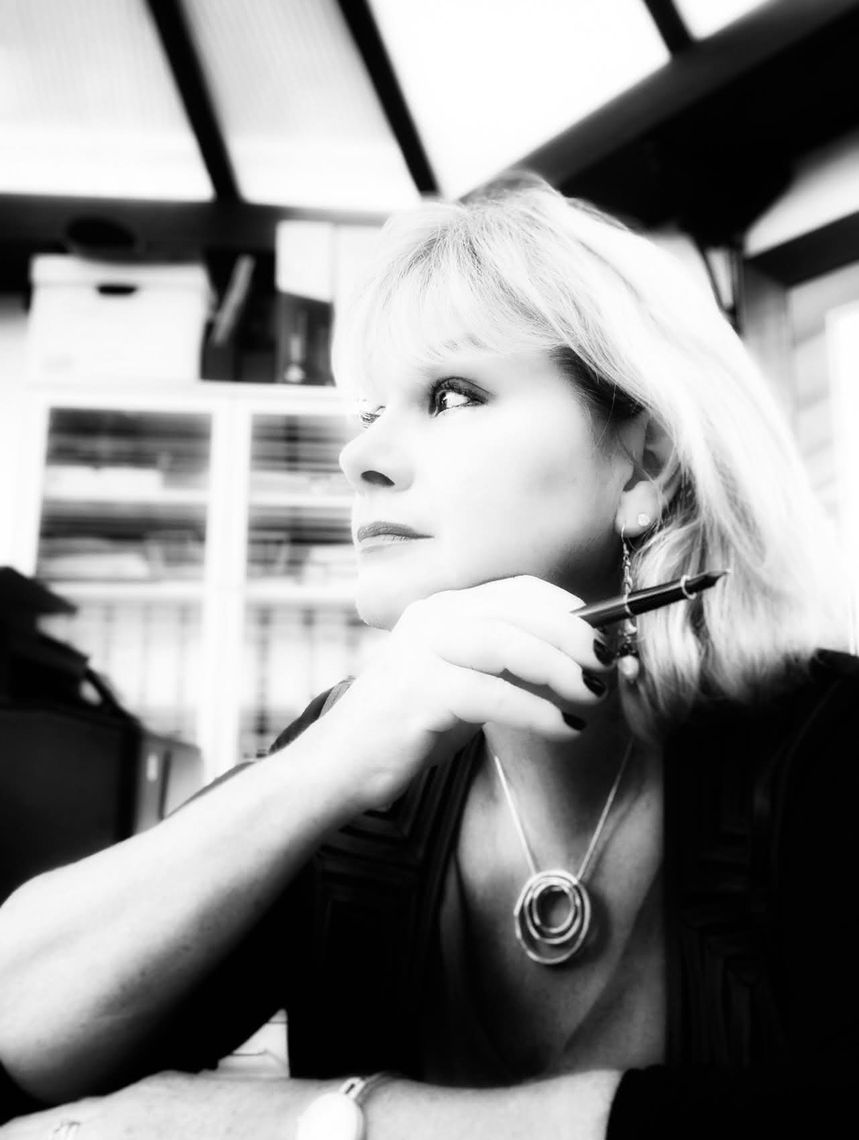Collaboration has no hierarchy. The Sun collaborates with soil to bring flowers on the earth.
Amit Ray
Our own past President Dr Peter Fisher addressed the errors and inconsistencies in the report which led to the article, and which could be applicable to many in the same vein: ‘This meta-analysis is subject to fundamental criticisms. Regrettably, the media have already reported The Lancet's version of the story. Homeopathy's popularity is growing worldwide despite many such attacks. To paraphrase Mark Twain, ‘reports of the death of homeopathy are much exaggerated’: the facts simply are incompatible with The Lancet's claim that the end of homeopathy is nigh. Regrettably, this attack will only widen the divisions. The way forward is open, transparent science, not opaque, biased analysis and rhetoric.1
Plus ça change, it would appear. The Lancet article was, as we know, nothing new, historically it is what we are used to. I include an article in this edition that I wrote on Senator Royal Copeland, who fought tirelessly against the detractors and who, in 1938, co-authored the Federal Food, Drug, and Cosmetic Act. Since tvhen, the FDA has relied on a document known as the Homeopathic Pharmacopoeia of the United States to determine what counts as a homeopathic drug. This was nearly 100 years ago. Because of strong characters like Peter Fisher and Royal Copeland, we can address the narrative, but we cannot do it alone.
Just to be clear, and to consolidate, the reason why eminent homeopaths such as Dr’s Copeland and Fisher refer to robust evidence and sound research, some basic facts are worth repeating. ‘By the end of 2019, 221 randomised controlled trials of homeopathy on 115 different medical conditions had been published in peer-reviewed journals. Of these, 129 were placebo-controlled on 77 medical conditions and were therefore eligible for detailed review. 45% were positive, finding that homeopathy was effective; 4% were negative, finding that homeopathy was ineffective; and 51% were inconclusive.
These results are surprisingly similar to the effectiveness of conventional medicine. A study printed in 2015 in the British Medical Journal (BMJ) found that of 3,000 commonly used NHS treatments 50% are of unknown effectiveness and only 11% are proven to be beneficial.
SSRI anti-depressants, such as Prozac, are an example of such a treatment. These have now been confirmed as being no more effective than placebo in the treatment of mild and moderate depression, yet in 2016 the NHS dispensed 64.7 million anti-depressant items.’2
Luckily, we have many distinguished physicians in the Faculty who ‘instead of discarding “a priori”—these alternative therapeutic methods, have incorporated some forms of alternative medicine or products in their clinical practices. It is not rare to hear respected clinicians suggesting that an unconventional treatment approach might be seen as an “integration” rather than as an “alternative” to standard medical practice.’3
The focus of this editorial, given the situation we invariably find ourselves in, with frequent, unfounded attacks, is to invite continued and new collaboration between us, as homeopaths, to honour homeopathy’s rich history of research and evidence supporting its effectiveness. I would like to see us strengthening our bonds with all organisations and individuals who reflect the values that Hahnemann set out in the Organon as to what constitutes a good homeopath with ethical boundaries.
As you will see, I have included a short review of the film ‘Introducing Homeopathy.’ The final, brilliant outcome was a prime example of collaboration at its finest. Both medical and non-medical homeopaths featured cases where their patients’ lives had been transformed, often after years of allopathic treatment. Most of the cases to be fair, were from non-medical homeopaths who had areas of expertise, for example in drug withdrawal, fertility, aids and ptsd. Also, there was a huge focus on the vets and their valuable work with both domestic and farm animals. A determined, dynamic production team, homeopaths, doctors, naturopaths, osteopaths and many others in the integrative medicine world, a film crew, collaborators and volunteers from around the world all came together to produce something extraordinary, as a team. I became involved from the review side, and the same quick, effective communication made for successful reporting, increasing the exposure and ongoing marketing and publicity. Collaboration like this is beautifully conveyed by Ryunosuke Satoro: ‘Individually, we are one drop. Together, we are an ocean.’
As we saw in the film, and experiencing now, slowly but surely, the barriers demarcating professional homeopaths from medical homeopaths are coming down, given the excellent training available on both sides, and with skills and backgrounds converging to enable the very best case taking and results, appropriate to the homeopathic paradigm. With the availability of on-line directories such as the Faculty’s list of practicing members, the 4H and Homeopathy UK’s websites, the patient has the right to choose a practitioner who is best suited to them. This is also applicable to overseas, where The Faculty is encouraging membership and communication, making us internationally aware and seen. We experience shared worldwide participation in conferences, teaching and research as evidenced in our upcoming Congress, which also has an all-important social element.
It never was the end of homeopathy. ‘Damnant quod non intelligunt’ (They condemn what they don’t understand.) Let’s continue to work together to ensure future growth; there is hope, unity and success in working as a team.
Gill Graham
FeatureSimile@facultyofhomeopathy.org
References
All content on this website is created and published online for informational purposes only. It is not intended to be a substitute for professional medical advice, diagnosis, or treatment and should not be relied on as health or personal advice. All content on this website is for general information purposes only; the views are my own, or referenced appropriately. Always seek the advice of your physician or other qualified health provider with any questions you may have regarding a medical condition. Never disregard professional medical advice or delay seeking medical treatment because of something you have read or accessed through this website or any other source, every person and condition is unique.

